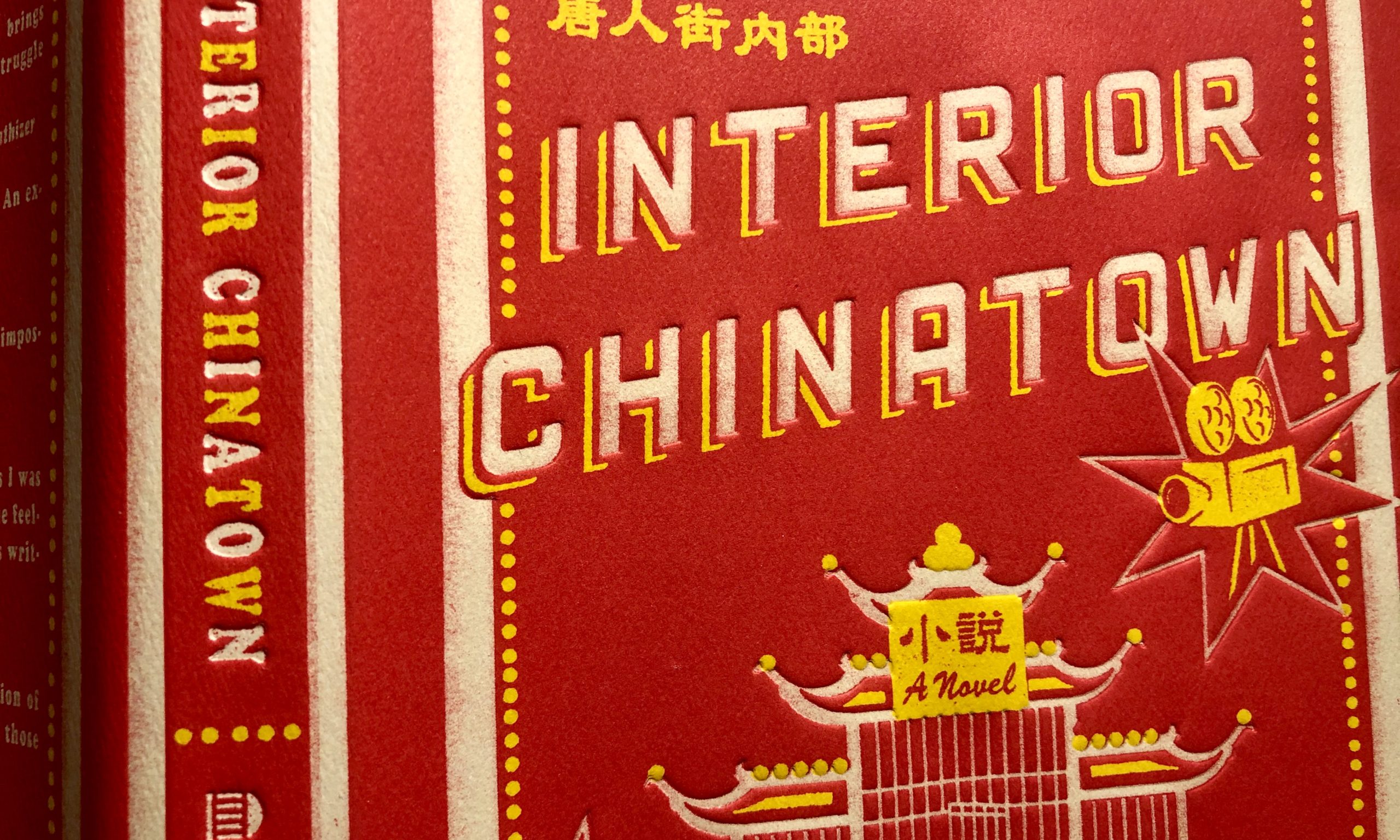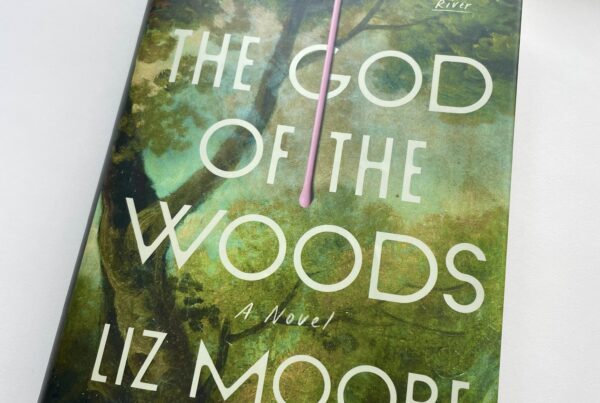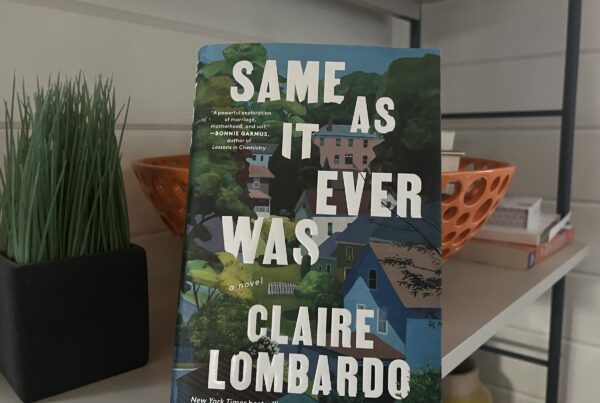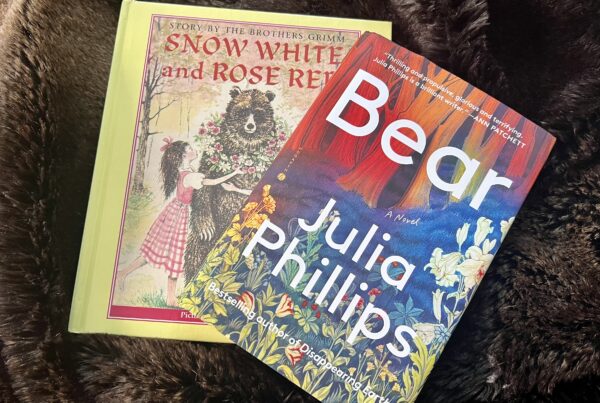National Book Award winner Interior Chinatown is one of the best books I have read not just so far this year but in my life. Charles Yu’s originality, his clarity of dialogue as he satirizes the experience of Asian-American actors living in studio housing inside a set of Chinatown, and his unforgettable characters – the stereotyped and the actual – make the novel an absolute must read. I recommend you set aside a quiet couple of hours to lose yourself in the sad and memorable hilarity within Interior Chinatown’s layered contrivances.
The heart of the story belongs to “Kung Fu Kid,” known off-set as Willis Wu, who lives with his parents in an apartment complex near the Golden Palace where the television show Black and White is being shot. The narrative alternates between Willis’s personal story and the ongoing, racist, and insipid plot of Black and White, a good cop/ bad cop show starring… a Black male cop (“He’s a third generation cop who left Wall Street to honor his father’s legacy”) and a White female cop (“She’s the most accomplished young detective in the history of the department”). Together, Black and White head up the “Impossible Crimes Unit,” all crimes taking place in or around the Golden Palace inside a generic rendition of Chinatown.
What makes the television drama – and the marketable sexual tension between Black and White – possible are the inevitably violent interactions between the stereotyped denizens of this crime-ridden, unremarkable Chinatown in which Willis and his family members play characters, ad infinitum. When a character is killed off the show, the actor takes off the requisite amount of time before coming back on set in the form of… another stereotype. Willis’ dream is to play “Kung Fu Guy” – but that elusive dream dangles before him forever in a ludicrous and depressing hall of studio mirrors, a symbol of not just all that is impossible in Hollywood but too often in America, where a beautiful woman of Asian descent can play “Pretty Oriental Flower,” “Asiatic Seductress,” “Dead Beautiful Maiden Number One,” or “Old Asian Woman,” and her husband can play “Guy in a Soiled T-Shirt,” “Young Asian Man,” or, if he is very lucky and very good, “Sifu, the Mysterious Kung Fu Master.”
Interior Chinatown is unbearably sad when it isn’t humorously sending up the media’s unrelenting portrayal of complex difference and individuality as generic homogeneity. For example, Willis tells a story of a roommate who is beaten unconscious by a racist stranger. Beyond the fear for and potential loss of a friend, Willis and his roommates are quietly traumatized when they realize that there was nothing special about Allen or why he was targeted – he was just “Generic Asian Man” to his perpetrator, and so are they. Interior Chinatown is so resonant and devastating that, unlike the television show it pokes fun at, it is impossible to put down or forget.




